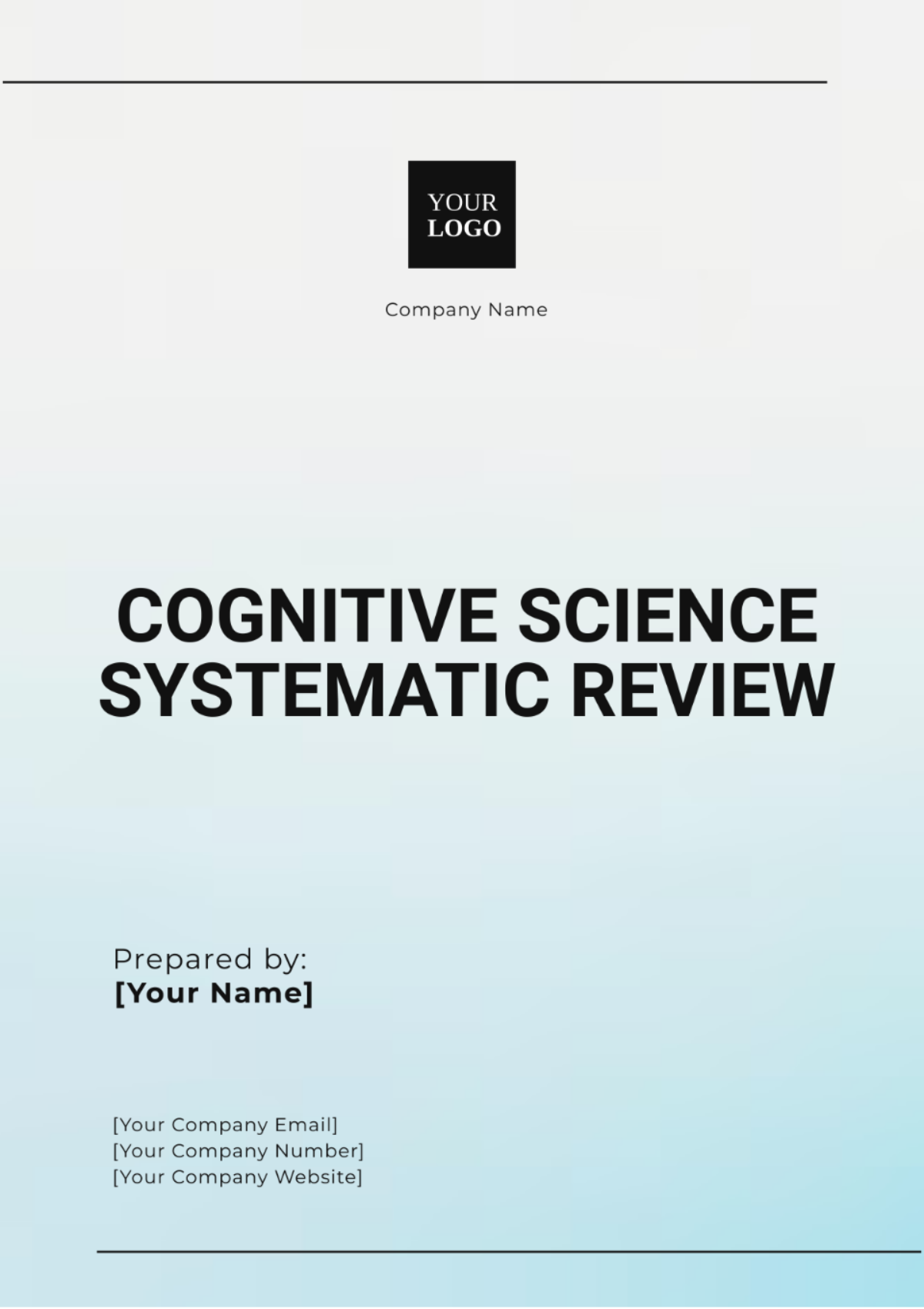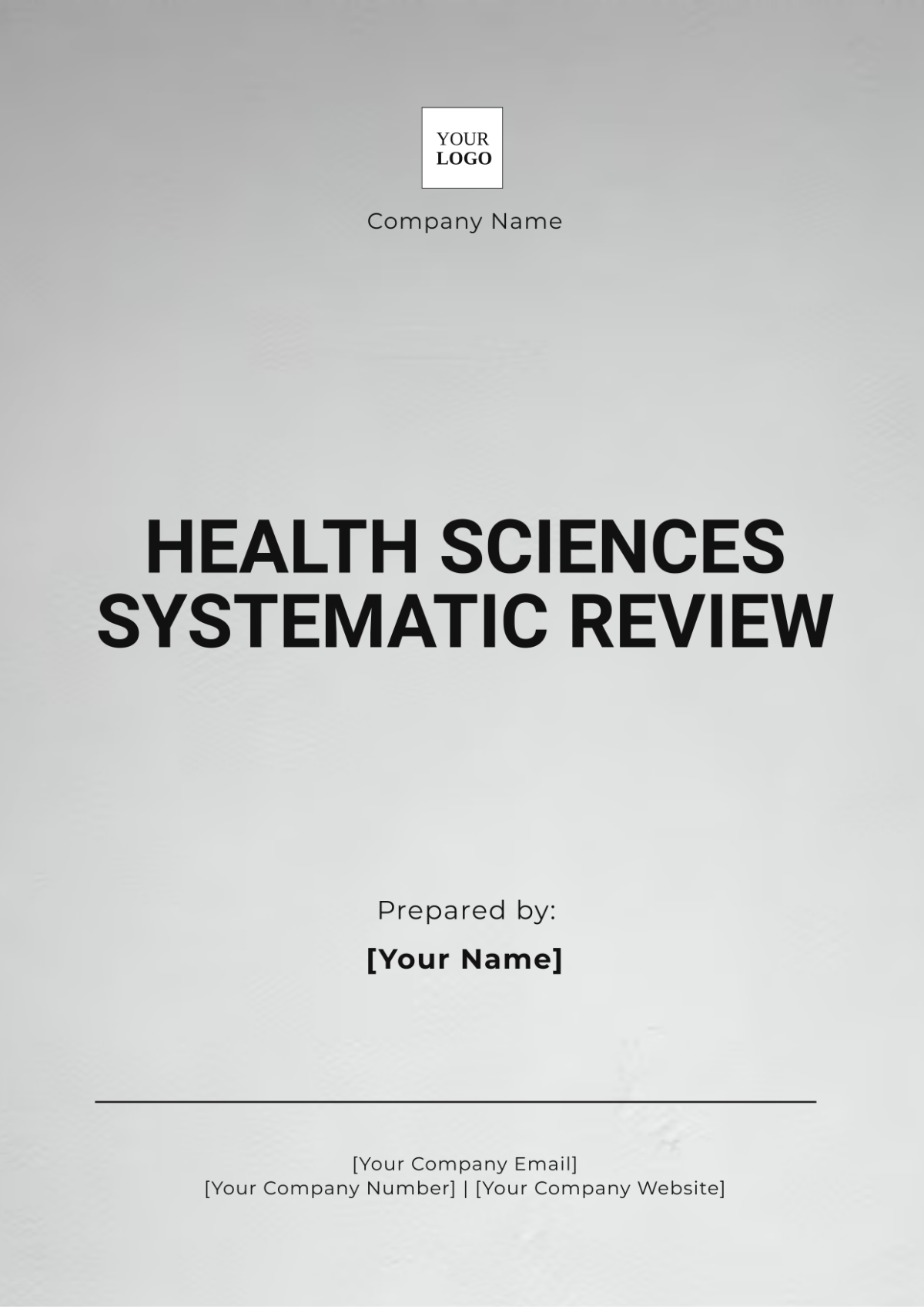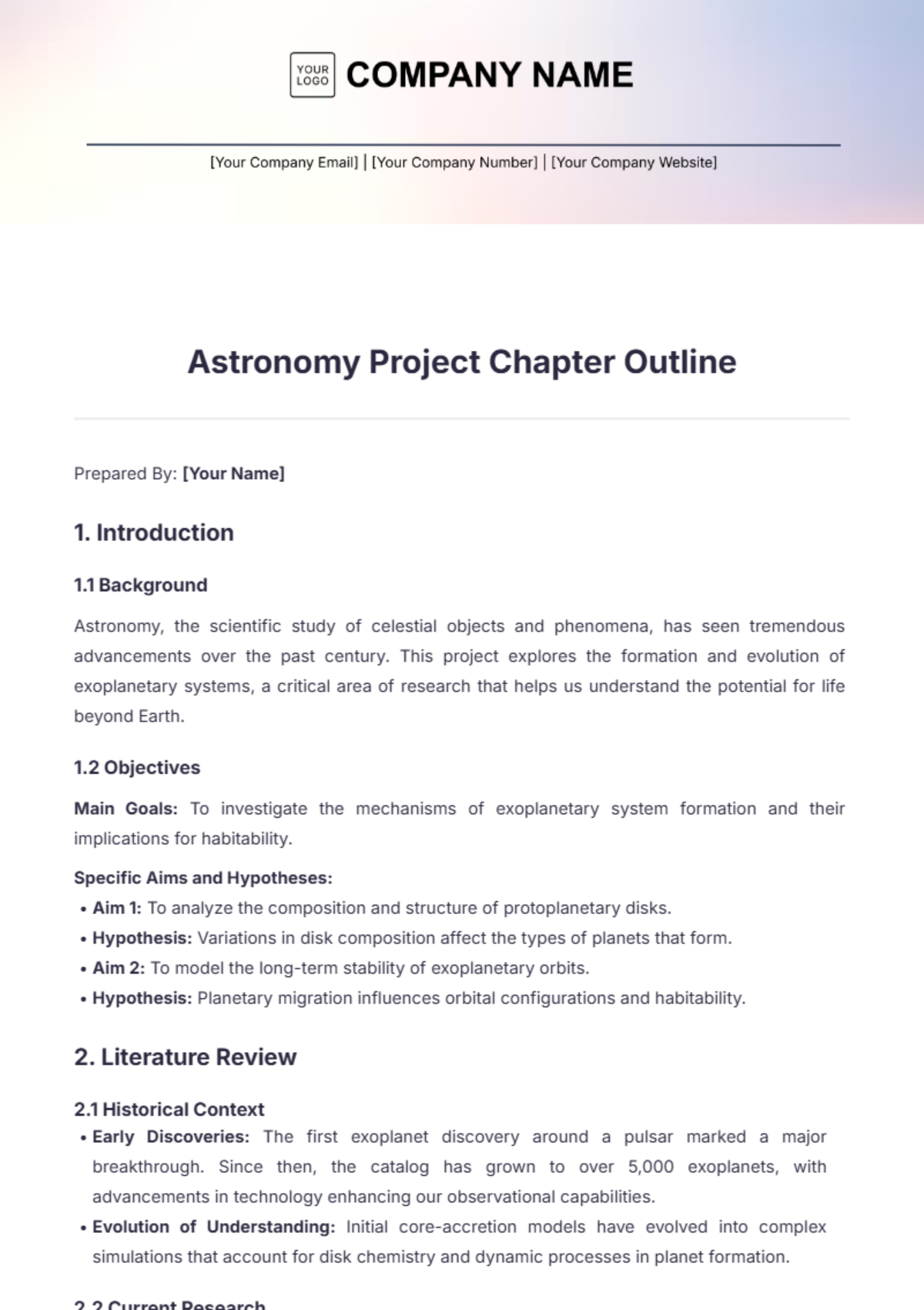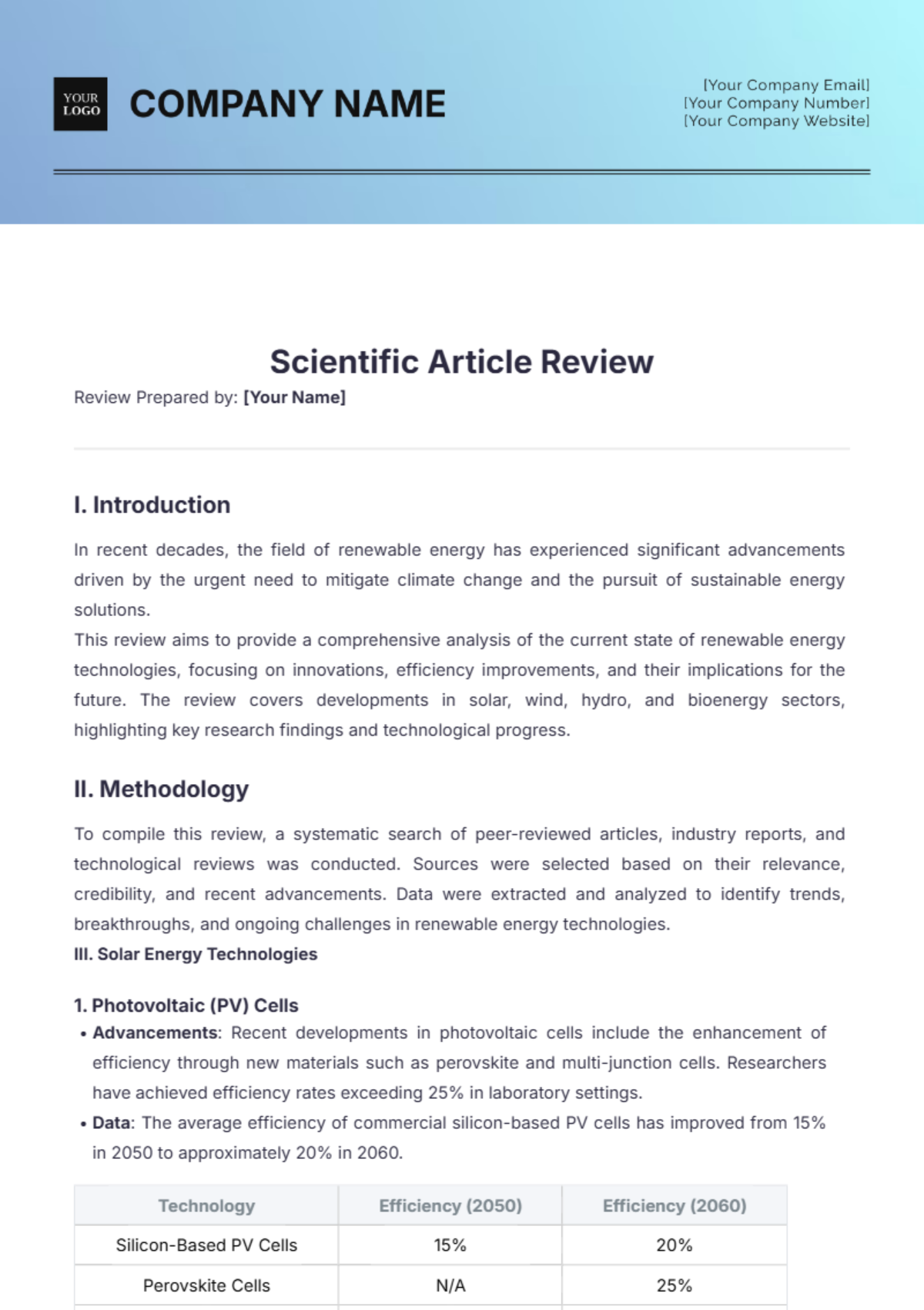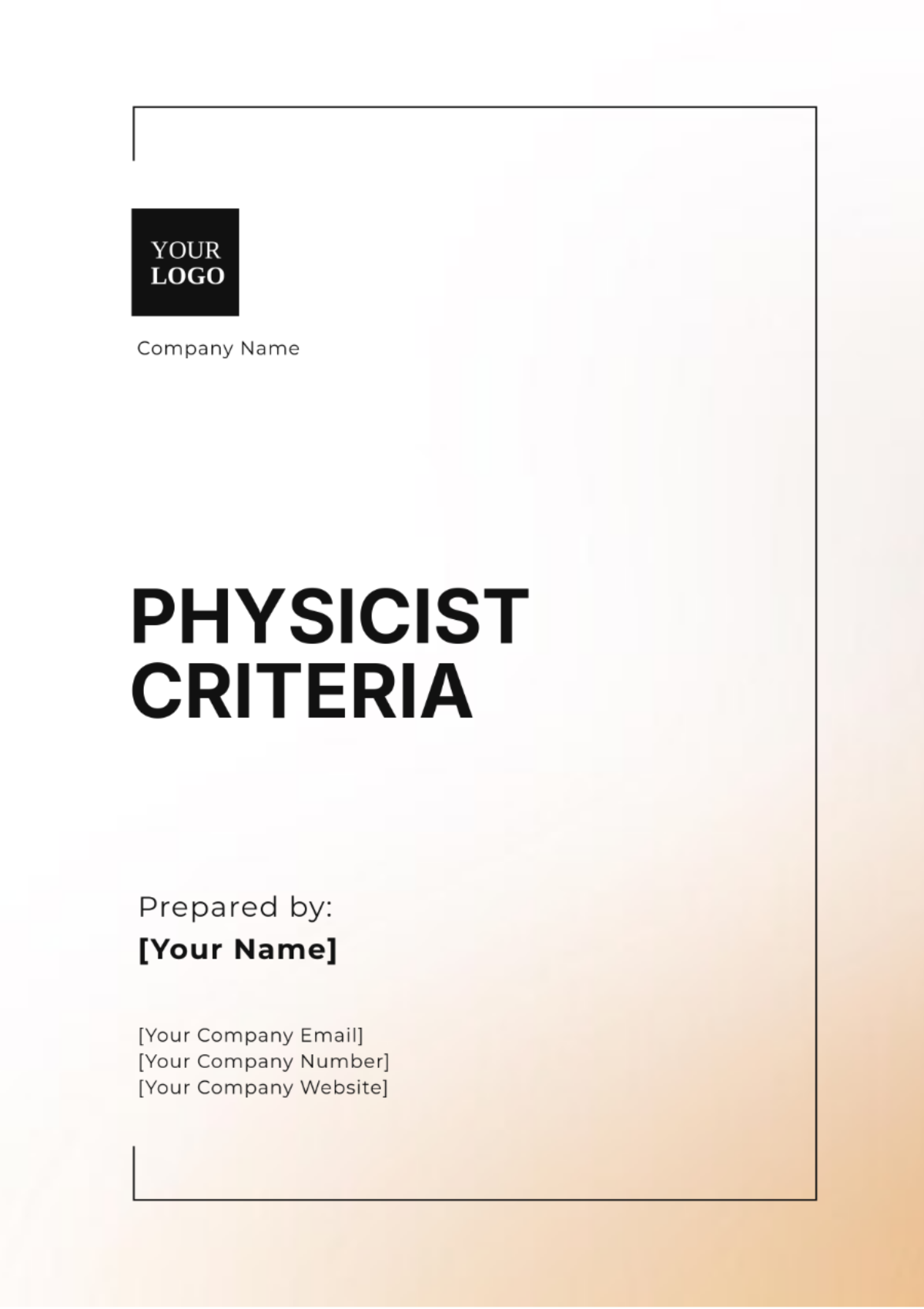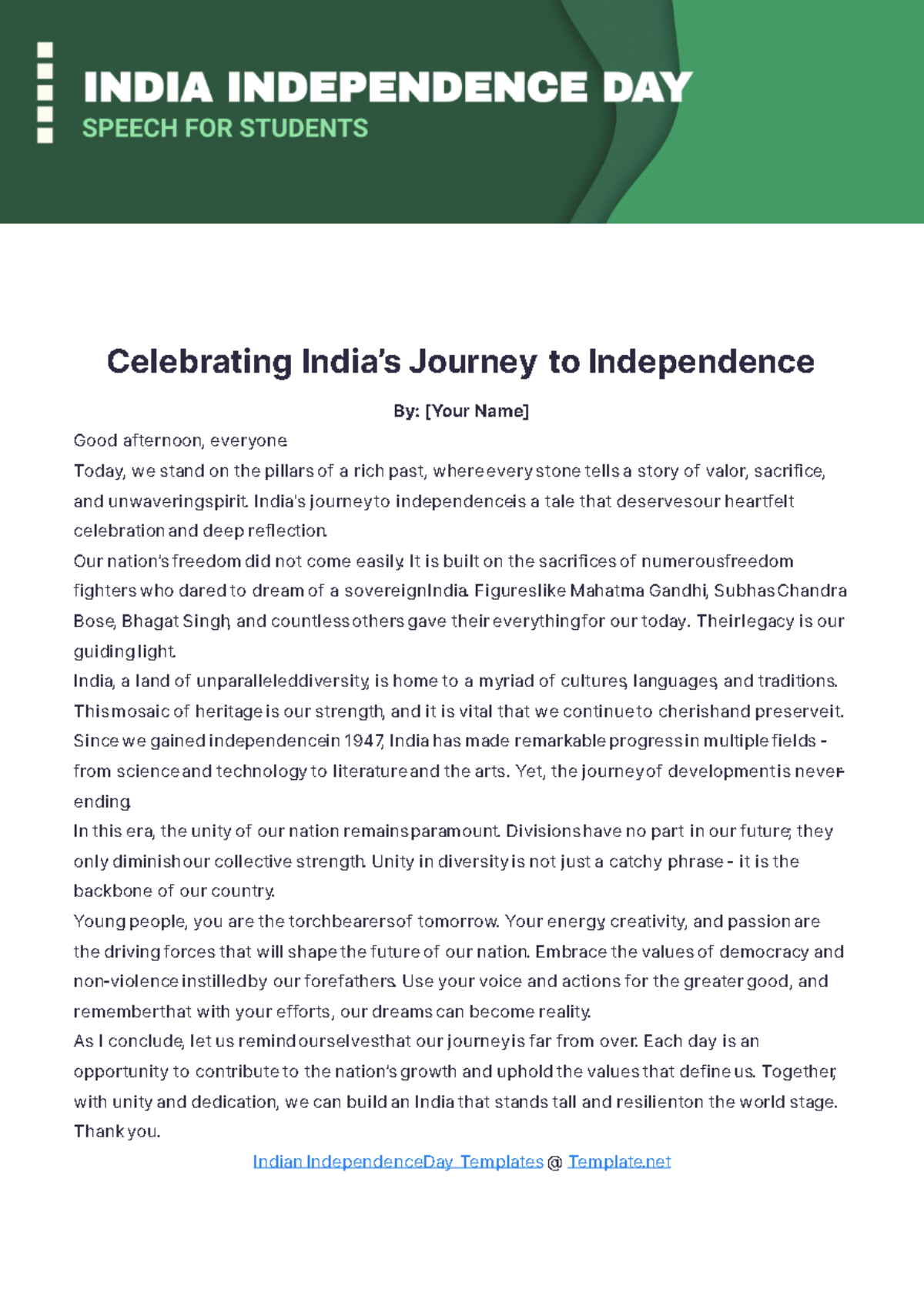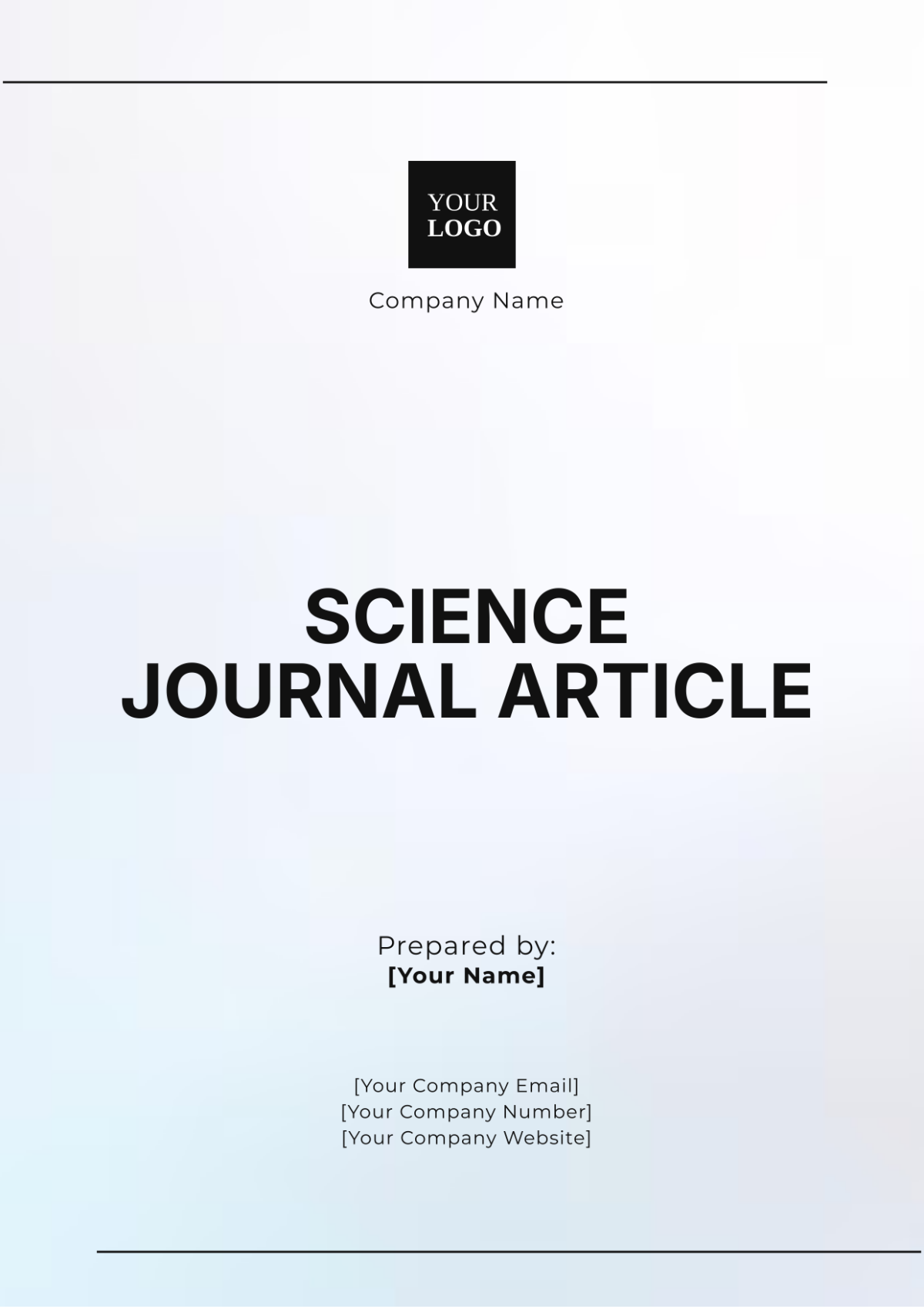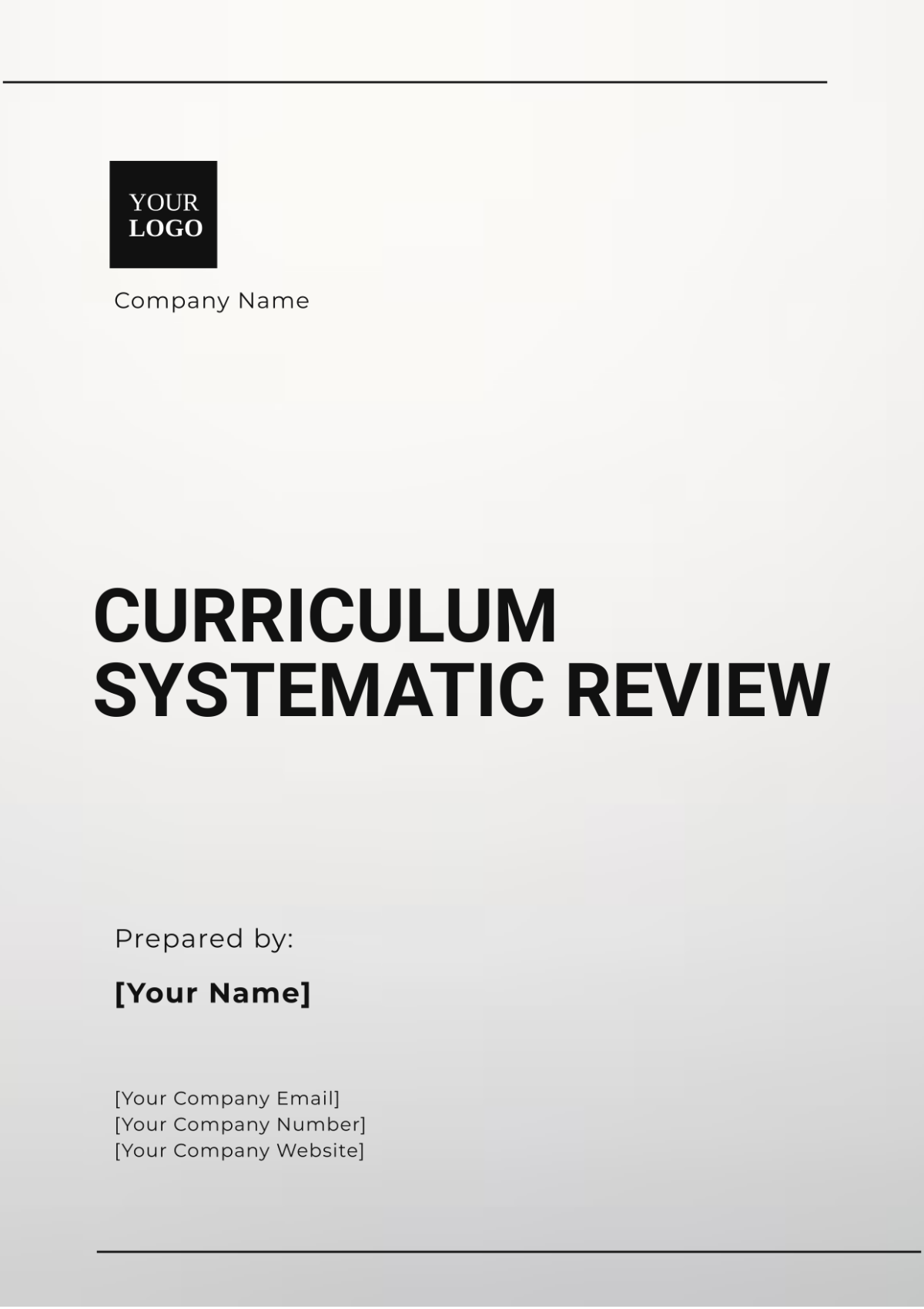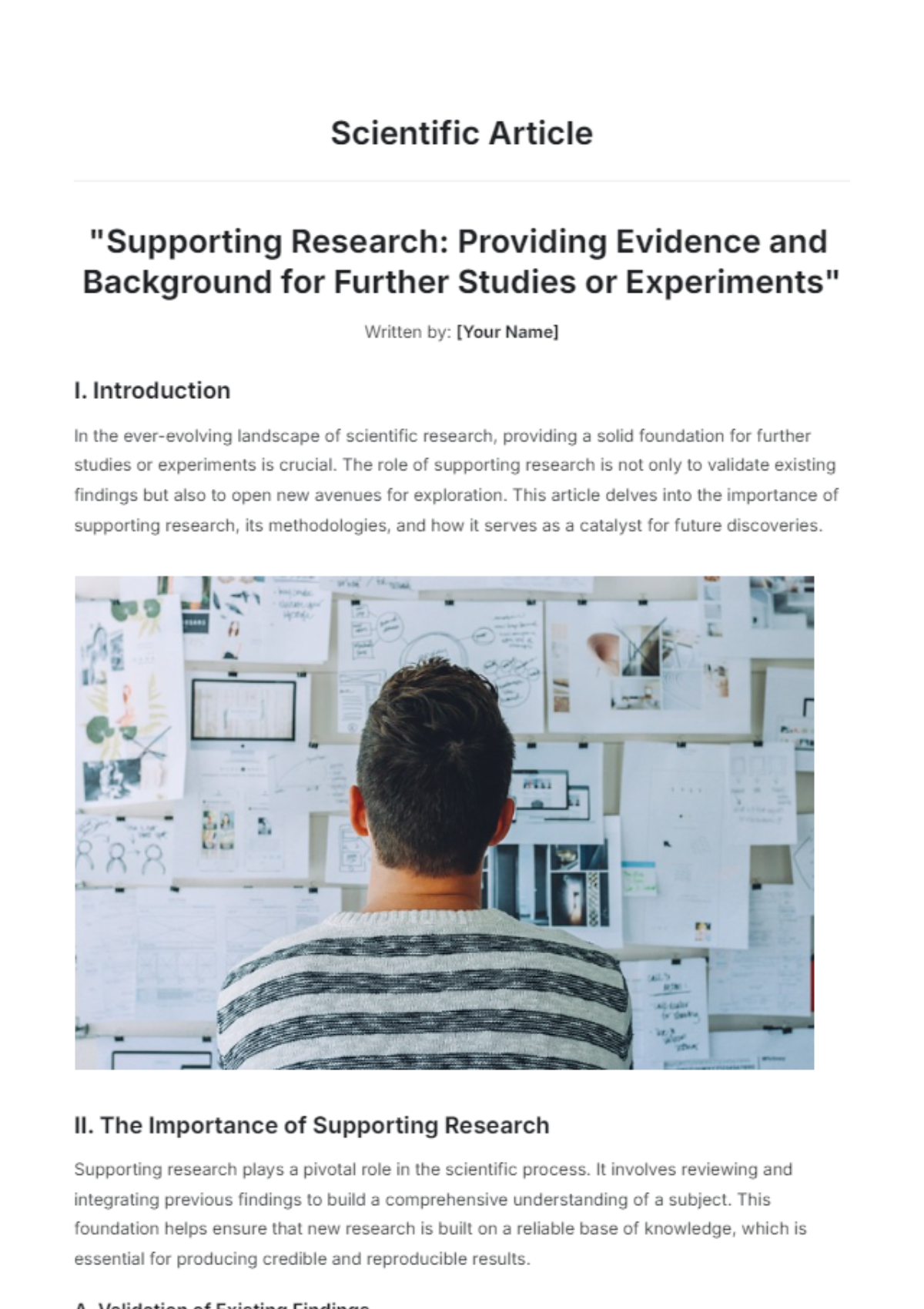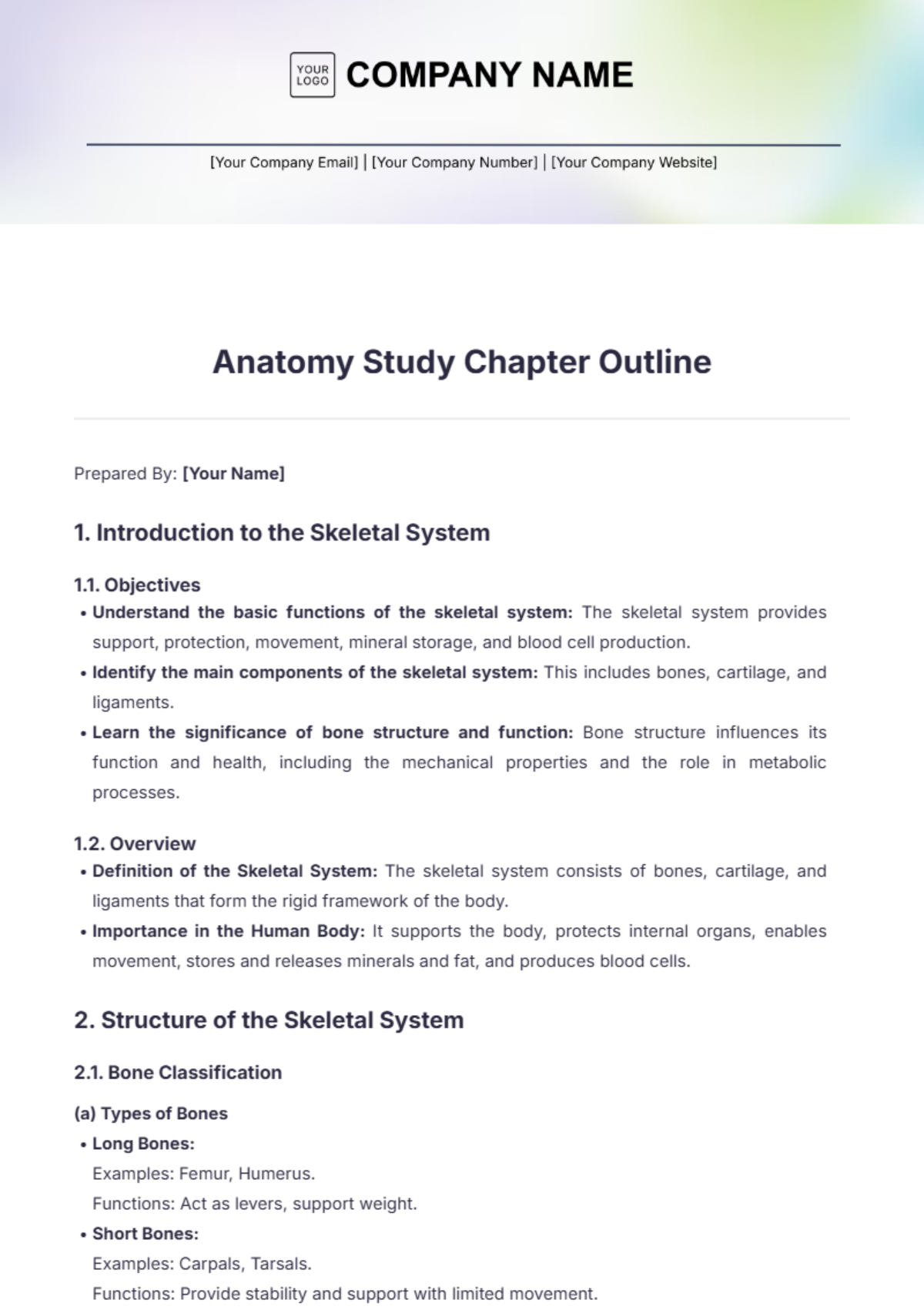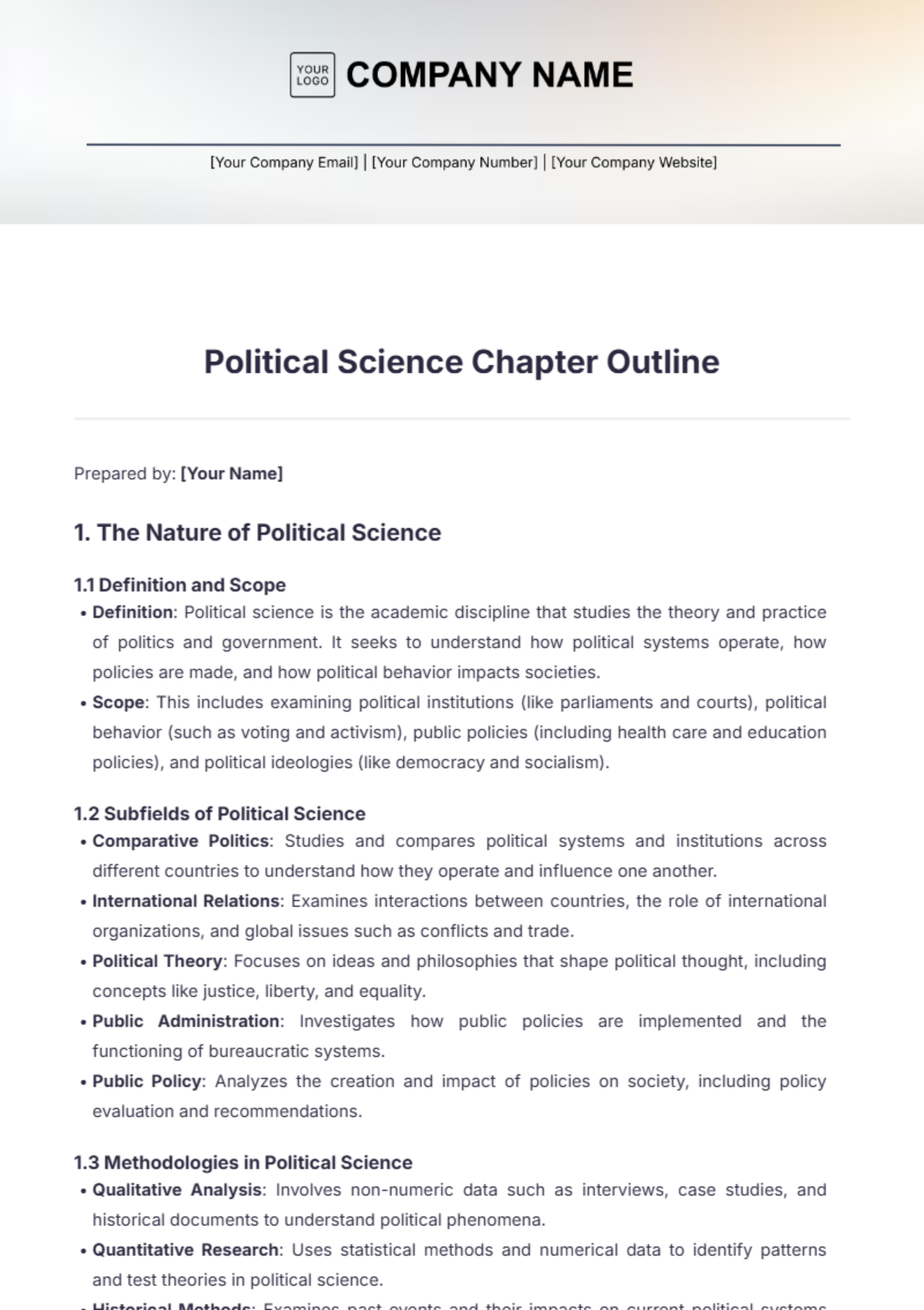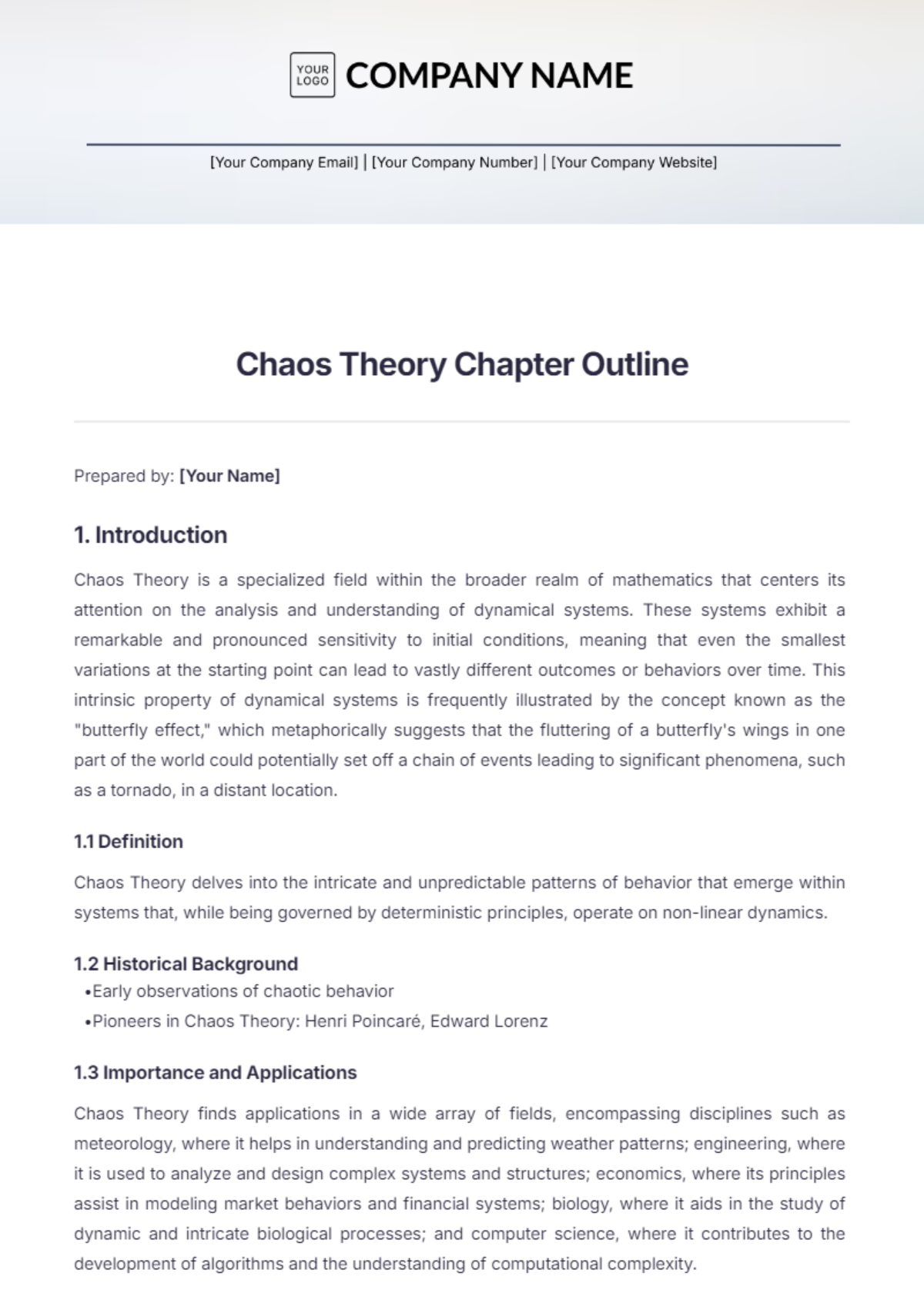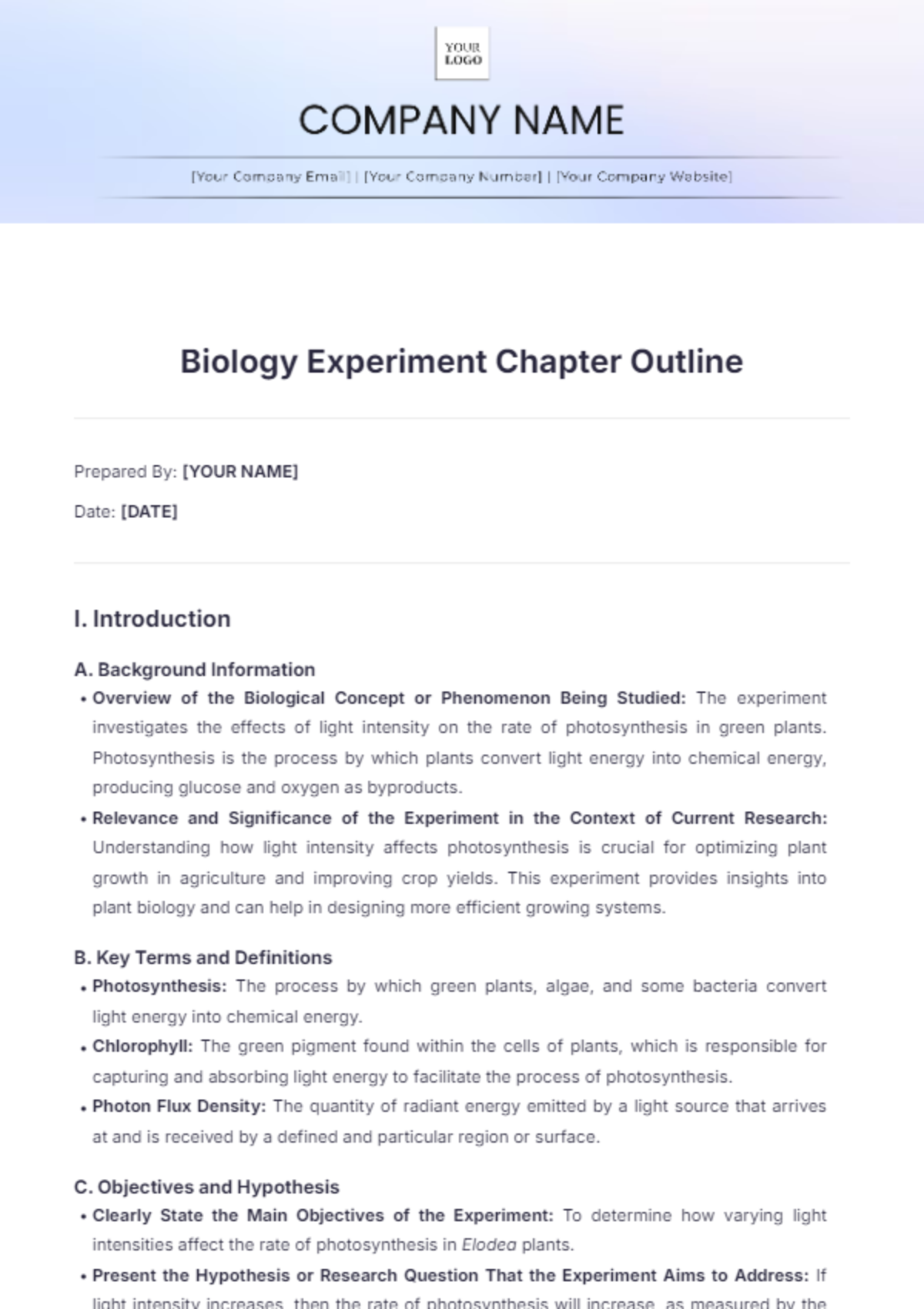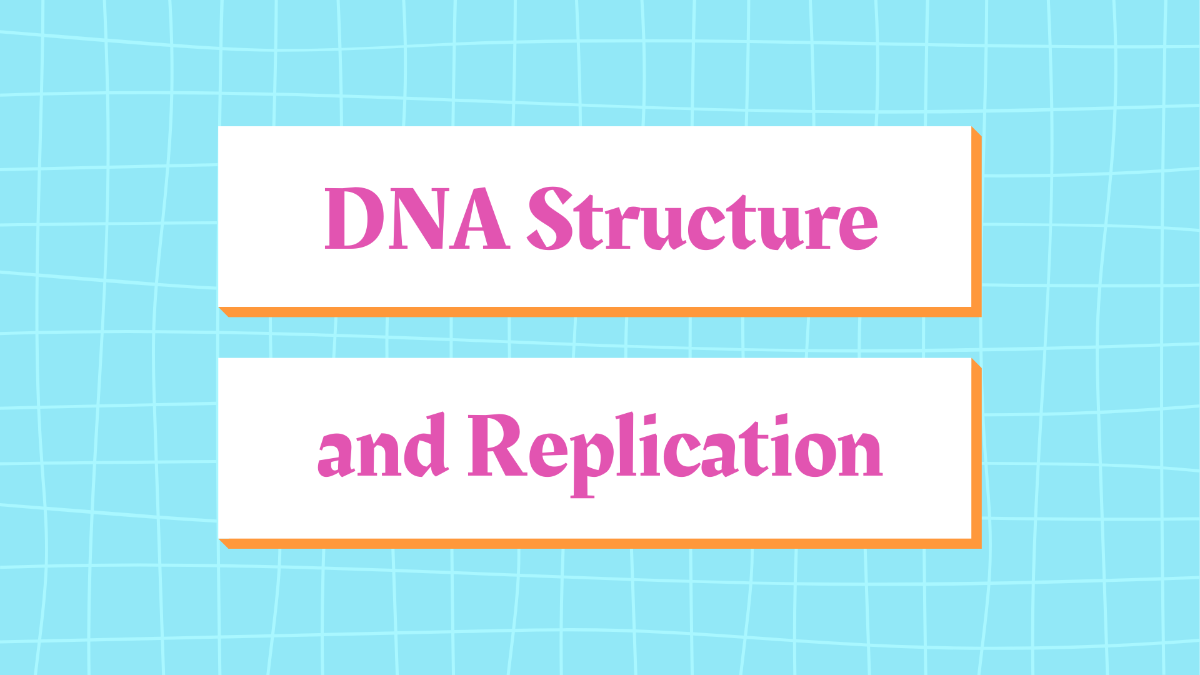BIOMEDICAL SCIENCE ARTICLE
"Enhancing Clinical Practice Through Biomedical Science Discoveries"
Prepared by: [Your Name]

I. Introduction
In the ever-evolving landscape of healthcare, the integration of biomedical science research into clinical practice is paramount for improving patient outcomes and advancing medical knowledge. Biomedical science serves as the foundation upon which evidence-based medicine is built, providing clinicians with insights into disease mechanisms, diagnostic strategies, therapeutic interventions, and preventive measures. This article explores the pivotal role of biomedical science in informing clinical practice and highlights key areas where interdisciplinary collaboration between researchers and clinicians drives innovation in patient care.

II. Understanding Disease Mechanisms
Biomedical science research elucidates the underlying mechanisms of various diseases, shedding light on their etiology, progression, and potential targets for intervention. For instance, studies in molecular biology have unraveled the intricate pathways involved in cancer development and identified molecular markers that guide targeted therapies. Understanding these mechanisms allows clinicians to tailor treatment approaches based on the unique molecular profile of each patient's disease, leading to more precise and effective interventions.
III. Translating Research into Clinical Applications
Biomedical science findings are translated into clinical applications through translational research, which bridges the gap between benchtop discoveries and bedside care. Translational research encompasses a spectrum of activities, from preclinical studies and clinical trials to the implementation of evidence-based practices in real-world settings. For example, advances in genetics have enabled the development of personalized medicine approaches, where genetic testing informs treatment decisions and predicts individual responses to drugs. By integrating translational research findings into clinical practice, healthcare providers can deliver personalized care that maximizes therapeutic efficacy and minimizes adverse effects.
IV. Improving Diagnostic Accuracy and Treatment Outcomes
Biomedical science innovations contribute to the development of novel diagnostic tools and therapeutic modalities that improve patient outcomes. For instance, the emergence of precision medicine techniques, such as next-generation sequencing and liquid biopsy, has revolutionized cancer diagnosis and treatment by enabling early detection of genetic alterations and monitoring of treatment response. Additionally, advancements in biomedical engineering have led to the development of implantable devices, wearable sensors, and medical imaging technologies that facilitate early detection, monitoring, and management of various medical conditions. By harnessing these technological innovations, clinicians can diagnose diseases with greater accuracy, tailor treatment regimens to individual patients, and optimize therapeutic outcomes.
V. Challenges and Opportunities
While biomedical science continues to drive progress in healthcare, it also presents challenges and ethical considerations. The rapid pace of technological innovation and the complexity of biological systems demand interdisciplinary collaboration and ongoing education. Furthermore, disparities in access to cutting-edge therapies and genetic testing underscore the need for equitable healthcare delivery. By addressing these challenges and seizing opportunities for collaboration, stakeholders can harness the transformative potential of biomedical science to advance health equity and improve patient outcomes on a global scale.
VI. Conclusion
In conclusion, the integration of biomedical science insights into clinical practice is essential for delivering high-quality, evidence-based healthcare. By leveraging the latest research findings, clinicians can gain a deeper understanding of disease mechanisms, tailor treatment approaches to individual patients, and improve diagnostic accuracy and treatment outcomes. Moving forward, continued collaboration between researchers and clinicians will drive further advancements in biomedical science and lead to innovations that transform the practice of medicine.
About the Author:

[Your Name] is a seasoned biomedical scientist with expertise in [specific area of biomedical science]. With a passion for translating research into tangible clinical applications, [Your Name] has contributed to numerous publications and research projects aimed at improving patient care. As the founder of [Your Company Name], [Your Name] continues to drive innovation in healthcare through interdisciplinary collaboration and a commitment to advancing biomedical science.






